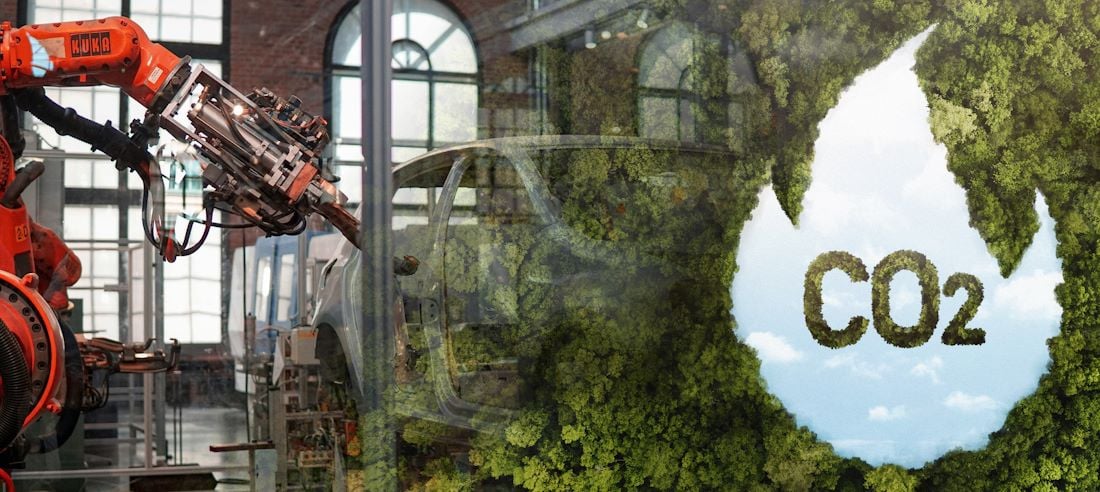If you read these lines, it is more than likely you are still alive. And if you read these lines, the date will be January 2012 or later. What do these facts mean? Well, no apocalypse has happened so far, as a matter of plain inductive logic.
Actually, talking about mankind, nothing unusual really happened after December 31st, 2011. As states Benjamin Anastas in a NY Times article from 2007 (The Final Days):
It is a splendid, human-size dream, that an ancient people revered for unearthly wisdom could climb aboard a calendar ship and redeem us from our troubled world and the confines of our vexing natures.
The actual state of affairs in 2012 looks like this: We are still here. And of course, the world is still troubled. Concerning our vexing natures, however, it depends on us whether or not we confront this confinement.
Some say, the apocalypse has not taken place because the idea is esoteric bullshit. Others say, yes, 2012 has arrived, but the exact date when the current Maya calendar age ends, is December 21st, 2012 – twelve more months to go.
Personally, I don’t believe in a great happening. I don’t think the world will end in a clash and I don’t consider it likely that mankind will disappear at once. What I do believe is that we should change our anthropocentric attitude, that we should increase our respect for the planet, and that we have everything it takes to do so.
The shift towards sustainable development is taking place. Little by little, some things get better, some lifestyles turn greener, some green innovations spread, some consciousness rises. Talking about this very year, there is a lot going on. The following collection of the most important trends in sustainability is inspired by influential bloggers and institutions. Adapting to these trends is essential because sustainability aims not only at the ongoing existence of our world. A sustainable company, too, is more likely to outlast whatever crisis. And who knows? Maybe on December 22nd, when the dust has settled, we will find ourselves left among the chosen few, the green practitioners…
- Rise of Transparency: “Buildings, companies and cities are measuring and disclosing energy usage, carbon emissions and other information relating to sustainability” (totallygreen.com and marketwatch.com)
- Scope 3: “Indirect emissions management takes hold (…). 2012 as the breakthrough year for indirect “scope 3″ impacts — the sustainability of corporate supply chains, business travel, waste, and procurement.” (Top Corporate Sustainability Trends to Watch in 2012)
- Further increase of green incentives in policy, since fostering sustainable development and supporting a national economy’s competitiveness are no longer competing objectives (Towards an integrated approach to promoting environmental innovation and national competitiveness)
- Further increase of renewable energy: “Renewables Will Start to Win Over the Jobs Argument” (10 Predictions for Cleantech and Sustainability in 2012, greenbiz.com)
- Stronger and louder stakeholders: “The exposure of companies through social media will strengthen their relationships with their stakeholders. They will not only need to be more responsive, they will find new ways of stakeholder inclusion and innovative channels of dialogue.” (Sustainability Trends In 2012: Predictions Or Wishful Thinking? Also see our article on social media and the need for a “Collaborative Corporate Culture”)
- Creation of a UN Council for Sustainable Development: As an outcome of the RIO+20 conference in June 2012, many hope for an independent sustainable development council, on the same level as the human rights council (uncsd2012.org)
- Not only organic, but also local food: “Location, Location, Location: Interest in where their foods are coming from has never been higher among consumers” (Greenspot – food trends for 2012)
![]()





